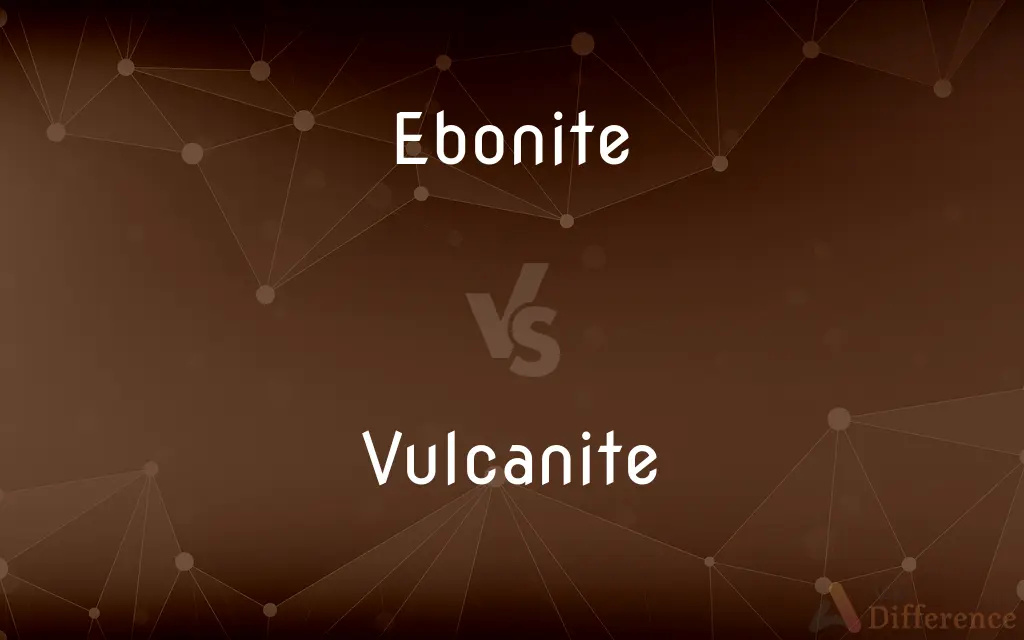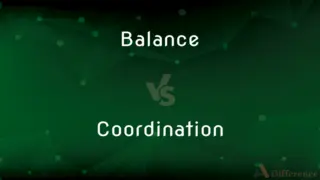Ebonite vs. Vulcanite — What's the Difference?

Difference Between Ebonite and Vulcanite
ADVERTISEMENT
Compare with Definitions
Ebonite
Ebonite is a brand name for a material generically known as hard rubber, and is obtained via vulcanizing natural rubber for prolonged periods. Ebonite may contain from 25% to 80% sulfur and linseed oil.
Vulcanite
Vulcanite is a rare copper telluride mineral. The mineral has a metallic luster, and has a green or bronze-yellow tint.
Ebonite
A relatively inelastic rubber, made by vulcanization with a large amount of sulfur and used as an electrical insulating material.
Vulcanite
A hard rubber produced by vulcanization.
Ebonite
The relatively hard product of vulcanizing natural rubber with sulfur; vulcanite.
ADVERTISEMENT
Vulcanite
A hard rubber made by vulcanization with sulfur; ebonite.
Ebonite
A hard, black variety of vulcanite. It may be cut and polished, and is used for many small articles, as combs and buttons, and for insulating material in electric apparatus.
Vulcanite
(mineral) A rare mineral, copper telluride.
Ebonite
A hard nonresilient rubber formed by vulcanizing natural rubber
Vulcanite
Hard rubber produced by vulcanizing with a large proportion of sulphur.
Vulcanite
A hard nonresilient rubber formed by vulcanizing natural rubber
Share Your Discovery

Previous Comparison
Obliques vs. Lats
Next Comparison
Balance vs. Coordination













































